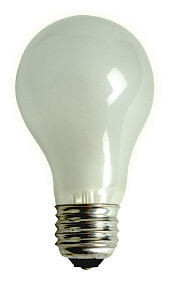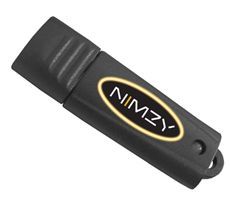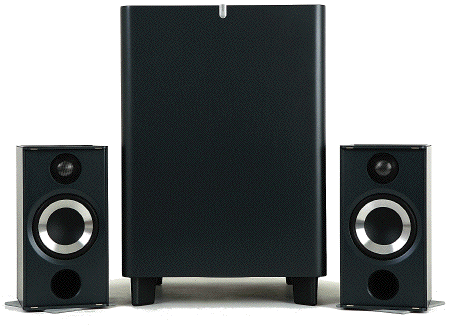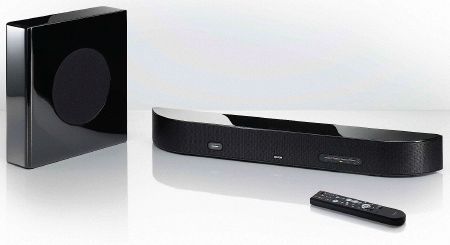Tag: techdigest
TrustedPlaces social networking site links up with Facebook
 The UK-based social networking site TrustedPlaces, which relaunched in February, has now announced new features, and collaboration with Facebook.
The UK-based social networking site TrustedPlaces, which relaunched in February, has now announced new features, and collaboration with Facebook.
Thanks to Facebook opening itself up to application developers, its members can now access TrustedPlaces and seamlessly ‘roam’ its content, and share relationships across the two communities.
New features at the TrustedPlaces include the ability for members to upload video reviews of their favourite places. They are also encouraging members who have met online to meet in the real world.
This week's hottest iPhone stories: reviews, opinion, Europe launch, unlocking
It's the week following the US iPhone launch, so there's plenty of opinion and review. First post-launch iPhone reviews in: not perfect but still looking great Ripping it apart: Who supplied what on the iPhone? There's a lot of speculation…
This week's hottest high definition stories: Samsung dual format players, format wars continue, European Commission investigation, US surveys, Virgin V+ Box
Samsung has provided a few more details of its forthcoming BDP-UP5000 dual format player, while Toshiba has permanently cut its HD DVD player prices. Amazon and Microsoft have partnered to encourage independent filmmakers to use the HD DVD format -…
Spammers crack open 'captcha' codes, report suggests
![]() A report from security firm BitDefender suggests that spammers may have found a way to automatically break through certain types of graphical “captcha” code.
A report from security firm BitDefender suggests that spammers may have found a way to automatically break through certain types of graphical “captcha” code.
“Captchas” are used in an attempt to restrict certain online registrations and other interactions to real human beings, rather than automated robots. They’re a fairly controversial method that are supposed to reduce the amount of spam circulating the web, but are difficult or impossible for some humans to read, as well as adding another level of complexity to simple processes.
New mobile system for seniors uses sensors and GPS to detect and respond to falls
The Electronics and Telecommunications Research Institute has designed a mobile phone system for the elderly which can detect if the user has fallen, and take emergency action. The phone needs to be carried on a belt worn by the user….
Arcam intro Muso and Logo performance style speakers
Arcam has introduced their Muso range of speakers, designed to match their Solo Music and Movie Systems.
Each Muso speaker is a compact, stylish mini monitor, while the Logo is a discreet but powerful subwoofer. Each sold separately, it’s possible to build up a home cinema system, from stereo right up to full 5.1 Surround Sound.
The speakers are constructed using damped aluminium and steel enclosures, with the very latest driver technology.
Denon introduce DHT-FS3 X-SPACE Surround Bar
Denon has introduced the DHT-FS3 X-SPACE Surround Bar system which provides surround sound for a home cinema system.
It delivers 150 watts of sound, and features a large-scale enveloping sound field, crystal clear dialogue, and remarkable surround effects, from just a slim bar that works simply by plugging in the audio output from a DVD or satellite box.
Philips launch Asimpleswitch.com consumer campaign: can two billion people reduce energy consumption?
 Philips has today announced a global campaign aimed at encouraging consumers to reduce the amount of energy they use at home, primarily through their use of energy efficient lighting.
Philips has today announced a global campaign aimed at encouraging consumers to reduce the amount of energy they use at home, primarily through their use of energy efficient lighting.
They have partnered with The Alliance for Climate Protection and the global Live Earth concerts taking place on Saturday 7th July, and hope to inspire over two billion people to commit to taking simple steps to becoming more energy efficient.
Nimzy ProtoKey: padlocks your files and makes them invisible to others
 Widget UK has come out with a USB device for the security-conscious PC users who wants to protect their files.
Widget UK has come out with a USB device for the security-conscious PC users who wants to protect their files.
Though it looks like a fairly standard memory stick, it isn’t. Instead, it allows users to encrypt and hide the personal and sensitive data on their PC hard drive, and any external storage devices attached to it, so that it effectively becomes invisible, secure, and untraceable, to anyone else who uses that PC.
















